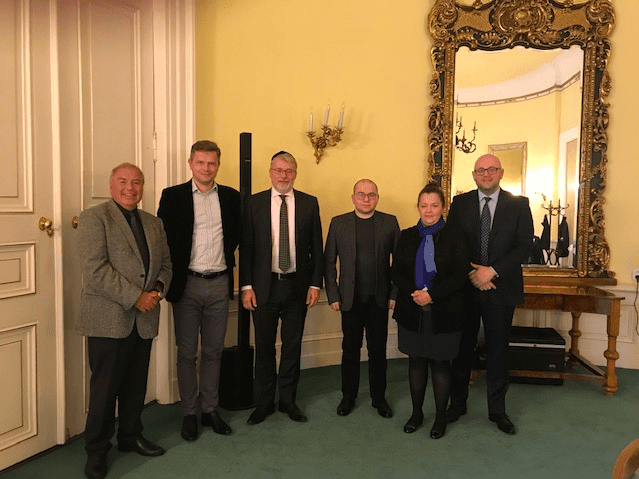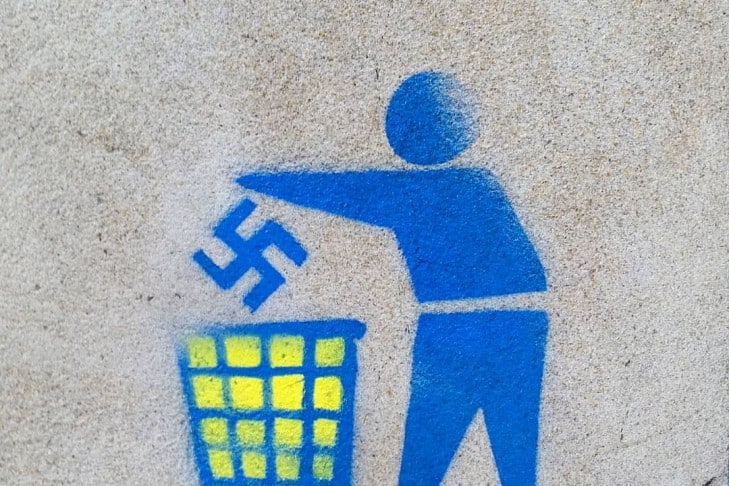Yom HaShoah is when Israel and many diaspora Jews honour the memory of those who lost lost their lives in the Holocaust.
This year, given the extraordinary circumstances that we find ourselves in with the coronavirus outbreak, we are proud to help our partners at the European March of the Living in promoting their powerful and important plaque campaign.
Each of you can create your own plaque by clicking on the link here below that will be printed and placed on the railway tracks at the entrance to Auschwitz-Birkenau. You can do so here: https://nevermeansnever.motl.org/
or on the special mini-site in collaboration with the Jerusalem Post:
http://marchoftheliving.jpost.com
And please join all the “virtual”marchers of the March of the Living in honoring those lost in the Holocaust and in committing yourselves to the fight against antisemitism and racism by declaring on your plaques:
#NeverMeansNever or by posting your personal message.
You will also find the link to this campaign on the European March of the Living website:
www.emot.eu























